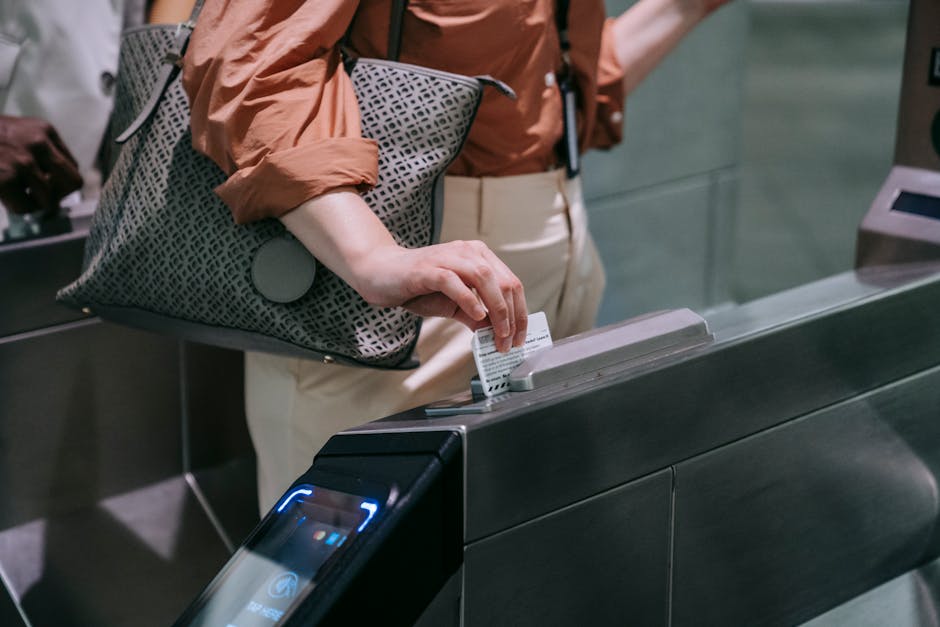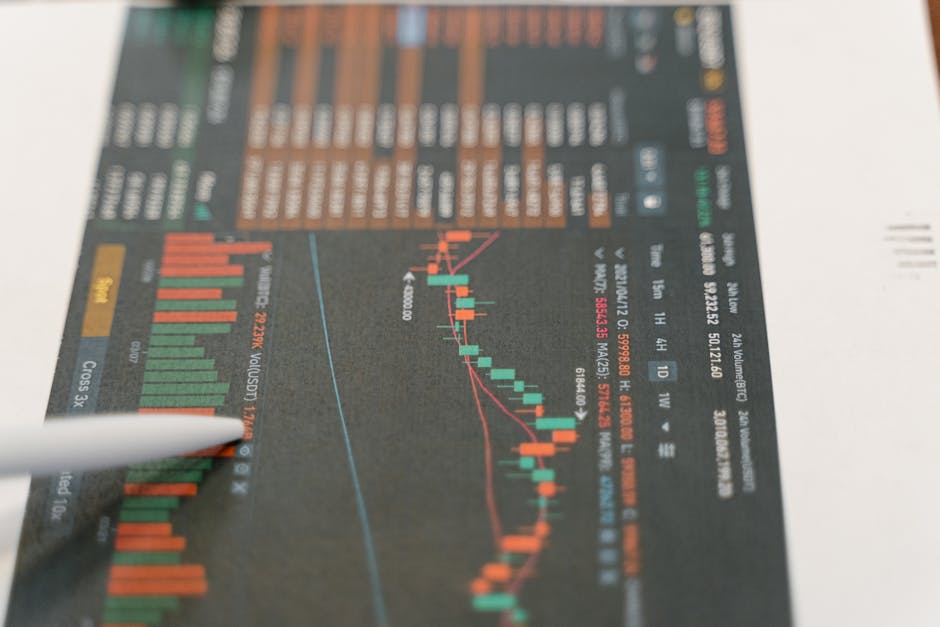The NDTV World Summit 2025, held in New Delhi, brought together global leaders, innovators, and visionaries to discuss the future of technology, sustainability, and finance. Among the most compelling sessions was the keynote address by Gautam Aggarwal, Division President for South Asia at Mastercard, who painted a bold vision of a world where plastic cards and OTPs (One-Time Passwords) are relics of the past.
The Future of Payments: Beyond Plastic and Passwords
Aggarwal’s presentation, titled “The Future of Payments: Beyond Plastic and Passwords,” highlighted the rapid evolution of payment technologies and the pressing need for a more seamless, secure, and sustainable ecosystem. “The way we pay is undergoing a fundamental transformation,” he said. “Plastic cards and OTPs have served us well, but the future lies in biometrics, tokenization, and AI-driven solutions.”
The End of Plastic Cards
Aggarwal emphasized that the use of physical cards is no longer aligned with the demands of a digital-first world. “Plastic cards are not just inconvenient; they are unsustainable,” he noted, pointing to the environmental impact of producing and disposing of billions of cards annually. Mastercard has already committed to phasing out first-use PVC plastics from its payment cards by 2028, but Aggarwal’s vision goes beyond mere material substitution.
“We are working towards a world where your phone, your watch, or even your fingerprint becomes your payment instrument,” he explained. Mastercard’s investments in tokenization—a technology that replaces sensitive card details with unique digital tokens—are already gaining traction. With tokenization, consumers can make payments without ever revealing their actual card numbers, significantly reducing the risk of fraud.
Goodbye to OTPs
One of the most striking predictions Aggarwal made was the eventual demise of OTPs. While OTPs have been a cornerstone of two-factor authentication, they are often seen as cumbersome and vulnerable to phishing attacks. “OTPs are a stopgap solution,” Aggarwal said. “The future lies in biometric authentication and behavioral analytics.”
Mastercard is pioneering the use of facial recognition, voice authentication, and even heartbeat patterns to verify transactions. Aggarwal showcased a demo where a user simply looked at their phone to authorize a payment, eliminating the need for passwords or OTPs. “This is not just about convenience; it’s about creating a frictionless experience that enhances security,” he added.
The Role of AI and Blockchain
Aggarwal also touched on the transformative potential of artificial intelligence (AI) and blockchain in shaping the future of payments. AI, he said, will play a critical role in detecting fraudulent transactions in real time, while blockchain technology will enable more transparent and efficient cross-border payments. “Imagine a world where you can send money to anyone, anywhere, instantly and at virtually no cost,” he said.
Mastercard’s recent partnerships with blockchain startups and its exploration of central bank digital currencies (CBDCs) underscore its commitment to staying at the forefront of innovation. “We are not just adapting to change; we are driving it,” Aggarwal asserted.
A Sustainable and Inclusive Future
Beyond technology, Aggarwal stressed the importance of building a payment ecosystem that is both sustainable and inclusive. “Digital payments have the power to bring millions of unbanked individuals into the formal economy,” he said. Mastercard’s initiatives in rural India, where it is enabling small merchants to accept digital payments, are a testament to this vision.
Sustainability was another key theme. Aggarwal highlighted Mastercard’s efforts to integrate carbon footprint tracking into its payment platforms, allowing consumers to make more environmentally conscious spending decisions. “Every transaction can be a step towards a greener planet,” he said.
Conclusion
Gautam Aggarwal’s keynote at the NDTV World Summit 2025 offered a glimpse into a future where payments are not just secure and efficient but also sustainable and inclusive. As plastic cards and OTPs fade into history, the rise of biometrics, AI, and blockchain promises to redefine the way we transact.
For consumers, this shift means greater convenience and security. For businesses, it opens up new opportunities for innovation and growth. And for the planet, it represents a step towards a more sustainable future. As Aggarwal aptly concluded, “The future of payments is not just about technology; it’s about transforming lives.”
Stay tuned to NextMinuteNews for more updates from the NDTV World Summit 2025 and the latest in tech and finance!




